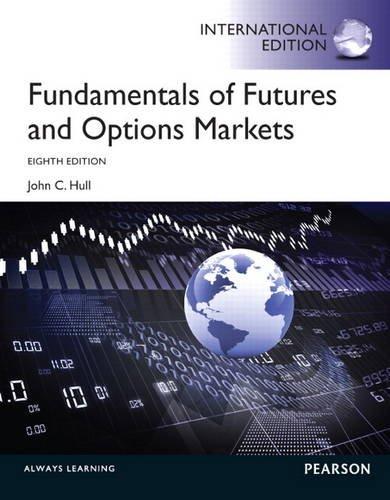Answered step by step
Verified Expert Solution
Question
1 Approved Answer
Can someone only helps with (i)(ii)&(v)(vi) if you do not have time to do all. Appreciate your help? Just use B(t) for bond this year,

Can someone only helps with (i)(ii)&(v)(vi) if you do not have time to do all.
Appreciate your help?
Just use B(t) for bond this year, r for interest , and Y(t) for solid income.
Consider the Consumption Theory we discussed in class when there are MANY periods (say, a person who is going to live for 70 years). Imagine that this person does not care about his or her children. This is what we called the Life Cycle Hypothesis. How many bonds will this person leave when he dies? What is his lifetime Intertemporal budget constraint? What is the marginal propensity to consumer out of temporary income? What does it depend upon? What is the marginal propensity to consume out of permanent income? Does it depend on the same factors you mentioned in the previous question? Imagine that this person actually cares for his or her children in the sense that his utility function includes the utility of his children. How many bonds will this person leave when he dies? Is your answer different from (i)? If so, why? What is the marginal propensity to consume out of temporary income? Is it the same as in (ii)?. If it is not, explain why. What is the marginal propensity to consume out of permanent income? Is it the same as in (ii)?. If it is not, explain why. Consider the Keynesian Liquidity Constrained consumer (LCC). What is the marginal propensity to consumer out of temporary income? What does it depend upon? What is the marginal propensity to consume out of permanent income? Does it depend on the same factors you mentioned in the previous question? Consider the Consumption Theory we discussed in class when there are MANY periods (say, a person who is going to live for 70 years). Imagine that this person does not care about his or her children. This is what we called the Life Cycle Hypothesis. How many bonds will this person leave when he dies? What is his lifetime Intertemporal budget constraint? What is the marginal propensity to consumer out of temporary income? What does it depend upon? What is the marginal propensity to consume out of permanent income? Does it depend on the same factors you mentioned in the previous question? Imagine that this person actually cares for his or her children in the sense that his utility function includes the utility of his children. How many bonds will this person leave when he dies? Is your answer different from (i)? If so, why? What is the marginal propensity to consume out of temporary income? Is it the same as in (ii)?. If it is not, explain why. What is the marginal propensity to consume out of permanent income? Is it the same as in (ii)?. If it is not, explain why. Consider the Keynesian Liquidity Constrained consumer (LCC). What is the marginal propensity to consumer out of temporary income? What does it depend upon? What is the marginal propensity to consume out of permanent income? Does it depend on the same factors you mentioned in the previousStep by Step Solution
There are 3 Steps involved in it
Step: 1

Get Instant Access to Expert-Tailored Solutions
See step-by-step solutions with expert insights and AI powered tools for academic success
Step: 2

Step: 3

Ace Your Homework with AI
Get the answers you need in no time with our AI-driven, step-by-step assistance
Get Started


